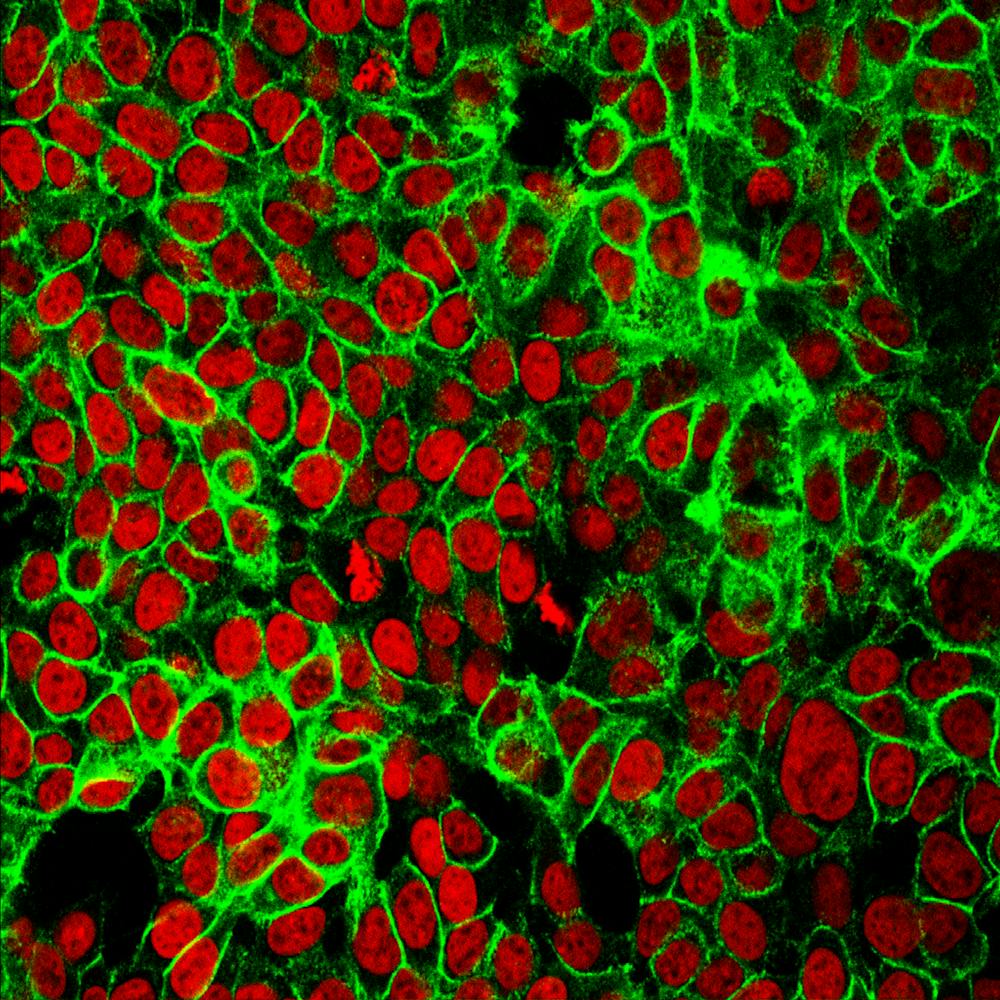By Amber Nodes
Staff Writer
Researchers from the University of California San Francisco believe they have found a new way to treat a specific mutation in some cancers, according to a new study published by the Cell Press medical journal on Sept. 12.
Unlike most foreign bodies, such as bacteria and viruses, which have surface indicators on the outside of the cell to alert the immune system, cancer cells often appear normal to the immune system. Scientists have thus invented drugs to target cancer through immunotherapy. The study focuses on a specific gene mutation called KRAS G12C, which is common in lung and colon cancer and can cause the cell to divide uncontrollably.
According to a University of California San Francisco article, “KRAS mutations are found in about one quarter of all tumors.” It goes on to say that for many years, despite how common it is in cancers, KRAS was thought to be “undruggable.”
The study recognizes that, for many foreign bodies, drugs can be used to target external indicators except in the case of KRAS G12C because the mutation is inside the cell: "However, the vast majority of mutant oncoproteins are intracellular and thus beyond the reach of antibody-based therapeutic modalities.”
This means that the immune system has a harder time locating the cancerous cells. The major contributor to why cancer continues to grow is a mutation in the cell's ability to regulate and stop duplicating when it does not have the need. The drug being developed marks the cell's surface so the immune system can find it, recognize it as foreign and shrink the tumor.
Although there have been drugs in the past, like sotorasib, that kill KRAS G12C mutated cancer cells, some tumors with this mutation are resistant to this drug.
In this study, scientists introduce the ARS1620 drug in order for cells to flag down the immune system and target the cancer cells. This drug binds to the KRAS G12C mutated cells, reacting with it to put an indicator on the surface of the cell for the immune system to see and target the tumor.
While this research is in its infancy, the result of the study shows promise in working around cancer cells that are resistant to immunotherapy. This may take years to show up as a clinical treatment for cancer.
The researchers admit that their methods have limitations, writing that their “design strategy and discovery pipeline can be rapidly and directly applied for more advanced drug candidates.”
While they were developing the experiment, the drug they used to create this treatment was the most advanced, but by the time of publishing, six more possible drugs for the same possible use were found. Further research with these other antibodies could overcome current limitations, which the researchers say precludes further animal research in special cases.
In practice, the new treatment in the study could lead to retaining ground gained against a tumor that was previously responding to immunotherapy but started showing resistance to it.
“This could offer a means to reclaim the therapeutic efficacy of targeted covalent inhibitors after resistance develops,” the scientists wrote.
They researched patients who had developed a resistance to immunotherapy and discovered that 84% of these patients also had the KRAS G12C mutation. Thus, their approach could possibly be used to combat resistance in these circumstances.
As a possible conflict of interest, the authors of this paper, Ziyang Zhang and his co-contributors, are working on this research on a provisional patent application, owned by the University of California, San Francisco. Another co-author, Kevan M. Shokat, is a shareholder in a number of medical companies.
In the future, this experimental immunotherapy technique could become useful for treating cancer with the tricky KRAS G12C mutation and lead to numerous future innovations in immunotherapy.







